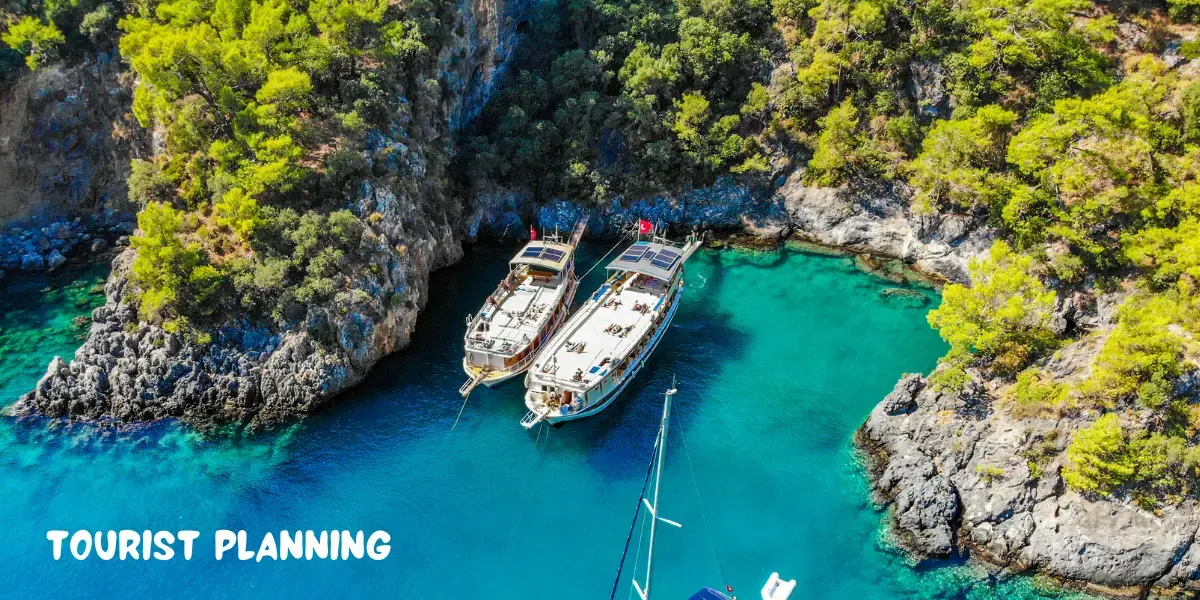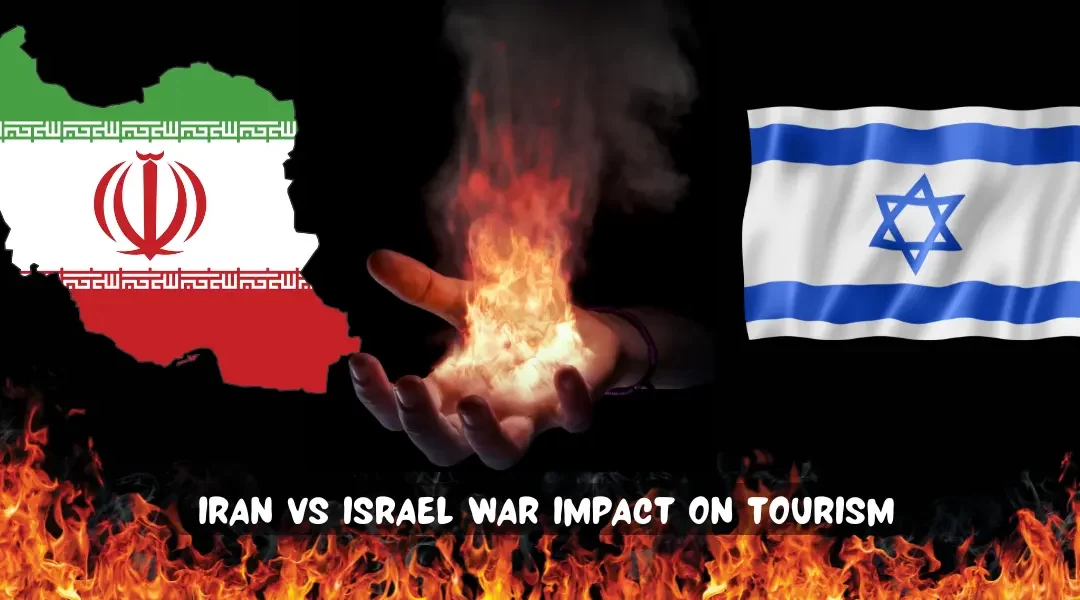Table Of Contents
On October 1, 2024, Iran launched a direct strike on Israel, marking a significant escalation in the long-standing tensions between the two countries. This new conflict is expected to have broad-reaching consequences, not only for the region but also for the global tourism industry. The attacks have ignited fears of a broader war in the Middle East, raising concerns for travelers and industries connected to the region.
Immediate Impact on Tourism
The tourism industry in both Israel and Iran has suffered due to the long history of tensions, but this new escalation brings unprecedented consequences. Tourism is often the first sector hit during periods of conflict, with airlines canceling flights, governments issuing travel warnings, and tourists seeking alternative destinations.
In Israel:
Israel, a popular destination for religious tourism and historical sites like Jerusalem and Tel Aviv, will likely see a sharp decline in visitor numbers. The country’s tourism industry, which attracts millions of visitors annually, will be impacted by the direct Iranian strikes. Tourists are expected to cancel trips, and international airlines may suspend operations, leading to a significant financial loss for the sector.
In Iran:
Iran has been working hard in recent years to rebuild its tourism industry, especially promoting its cultural and historical landmarks, such as Persepolis and Isfahan. However, the direct involvement in this conflict will halt any growth in the sector, with global travel bans and increased safety concerns deterring tourists from visiting the country.

PHOTO FROM: CANVA
Broader Consequences for Global Tourism
The conflict between Israel and Iran will also have ripple effects on neighboring countries. Popular tourist destinations like Turkey, Jordan, and Egypt may face disruptions due to instability in the region. Many travelers may avoid the entire Middle East, fearing that the conflict could spread beyond Israel and Iran. Global tour operators are already witnessing cancellations, particularly from religious pilgrimage groups and history enthusiasts who frequent the region.
The Middle East is a strategic hub for international air travel, and major airlines using the region as a connecting point may face disruptions. The loss in tourism will significantly impact businesses like hotels, restaurants, and tour operators across the region, increasing economic challenges.
War Capabilities: Israel vs. Iran
Both countries possess substantial military capabilities, which make the escalation of this conflict particularly dangerous. Below is a comparison of Israel and Iran in terms of their war capabilities and tourism sectors:
Key capabilities of Iran & Israel
| Category | Details |
| Military Strength | Israel: Advanced defense, U.S. support; Iran: Large military, missile programs |
| Air Force | Israel: Modern jets and drones; Iran: Strong missile capabilities |
| Tourism (Pre-Conflict) | Israel: 4.5 million tourists; Iran: 8.8 million tourists |
| Key Tourist Cities | Israel: Jerusalem, Tel Aviv; Iran: Tehran, Isfahan |
| Tourism Impact | Israel: High decline; Iran: Severe disruption expected |
Consequences for Travelers
With the escalating tensions and onset of direct conflict between Israel and Iran, global travelers may face a surge in travel advisories for the entire Middle East. This situation could impact not just these two nations but potentially extend to countries far beyond the conflict zone. Tourists are encouraged to consult websites like touristplanning.com for the latest updates on safe travel destinations.
The tourism industry is likely to experience significant shifts, with major cities in Europe and Asia feeling the effects as travel patterns change. Those who might have visited the Middle East may now consider safer alternatives such as Southeast Asia, Southern Europe, and South America.
The ongoing Israel-Iran conflict is anticipated to have extensive repercussions on global tourism, especially in the Middle East. Due to heightened safety concerns, the already vulnerable tourism sectors in Israel and Iran are expected to suffer substantial declines. Given the strong military capabilities of both nations, the conflict poses considerable risks to the region, global travel routes, and tourism infrastructure. Travelers are advised to stay informed and reconsider their travel plans to the region until the situation improves.









